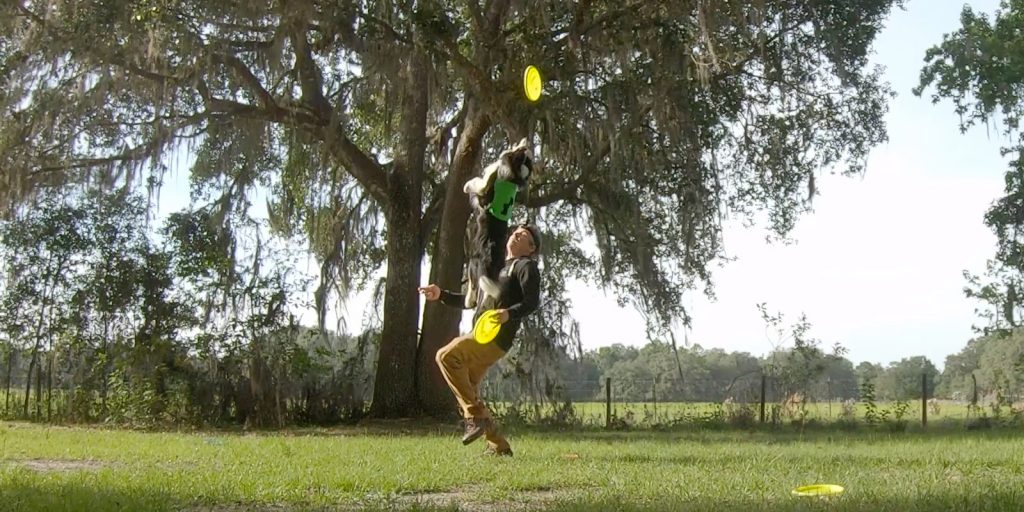
Patrons Q and A | On Stereotypes of Disc Dog Play
Hi Ron! If you a looking for requests, I have a few of them. Some questions are more abstract and some are more definite:
1. Stereotypes of Disc Dog.
Oleg Potakhin, PVybe Patron – Vice Director
I mean things like “every team must to do …” or “this is undoubtedly good or shit” and so on. Do stereotypes prevent individuality of a team or are they the way to clarify, to make standards and improve objectivity?
It’s a bit of both, Oleg.
I tend to talk about Best Practices rather than must dos when it comes to specifics. When it comes to more general principles, I come off rather authoritarian “You need to do this,” or “This is a must have skill.”
“Ron is an authoritarian know it all who wants me to play his way,” is a stereotype in itself. And it is far off base. So is, “Ron critiqued my style of play so he doesn’t like the way I play.”
This isn’t the case at all. I want people to play how they like, and to capitalize on their skills to make the dog and team look good. I also want people to be judged fairly and want good work and the intangibles of the game to be recognized in competition and on the judges scorecards regardless of style or the current stereotype of play.
Skills vs Elements of PlayPlay is willing, self-induced engagement in, and the experience of, novel, consequent opportunity. More
My disc dog edicts, er… Best Practices are not based on a single skill, they are based upon things that are happening already, or must happen anyway – Shapes, Flatwork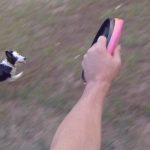 Flatwork is the stuff that happens between the catches. How the team moves and transitions, often without the disc, is flatwork. Flatwork concepts in disc dog are taken from the agility and herding... More, Trigger, being prepared and in position – these things are happening and must happen as a product of play whether you want to work them or not.
Flatwork is the stuff that happens between the catches. How the team moves and transitions, often without the disc, is flatwork. Flatwork concepts in disc dog are taken from the agility and herding... More, Trigger, being prepared and in position – these things are happening and must happen as a product of play whether you want to work them or not.
Not every dog can do a Big Over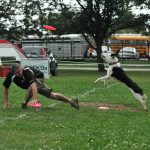 Most players have several overs and the Big Over is the largest, and most impressive of them. Frequently, the Big Over goes over the center of the handler’s body, but that is not... More. That is no big deal. Do something else. Not every dog can flip, a bigger deal, and not a deal breaker but you can do something else or do the skill at a less intense or focused level.
Most players have several overs and the Big Over is the largest, and most impressive of them. Frequently, the Big Over goes over the center of the handler’s body, but that is not... More. That is no big deal. Do something else. Not every dog can flip, a bigger deal, and not a deal breaker but you can do something else or do the skill at a less intense or focused level.
Every dog and team produces Shapes. You can either have a variety and knowingly pick and choose the benefits and drawbacks or you can deal with whatever you get. Flatwork is a given – it is happening – you are either doing it well or are not. “Here are some things to help you move your dog… These are some things to keep in mind…” Your ability to understand and perform Flatwork are equal to your ability to flow and move your dog creatively and efficiently.
The dog and the team completely know what the trigger to skills are. The handler might be clueless, but the dog and the team know, almost by definition. This gap in understanding and knowing about the actual Trigger for skills, or a variety of ad hoc Triggers for various skills is a source of trouble for all dogs, handlers, and teams.
The last two paragraphs are facts. They are measurable and objective. You don’t have to do it how I say, but you are going to do it – you are doing it every time you play.
It might be a good idea to explore the concepts and get a better understanding on the skills. You might even learn something and improve your ability to do the things you already do or to fix problems you have always had. You might be able to better diagnose all of your problems through understanding and might be able to fix them all with better practical application.
Stereotypes and Skill Recommendations Fit Dogs and Handlers
Stereotypes and skill recommendations are extremely useful for dogs and handlers, but become less useful for teams. And while they are very useful, they can get in the way of creative and competitive development and limit a team’s true performance potential.
I think if the first thing you’re focused on is getting a routine together or are expecting to learn more once you get a routine, you are selling yourself short. It is very hard to learn new things when locked into a routine – “Routine” is the very definition of stagnation. If you view all of your work and play through the lens of your routine you’re missing the rest of the picture, the parts of the picture you can’t see yet.
Stereotypes can, and do, do that to teams, they restrict and blinker vision – again, it is the very definition of the word. They are a great starting point. But if you only work those skills, dog, handler, and team, have been fitted into a nice little box and that is where you will live.
If you are not an apex, top shelf player, dog, or team, the box you are fit in will not stand out in a crowd. You will be just one of many other boxes on the shelf.
Eagles Don’t Swim and Penguins Don’t Fly
Birds fly. That’s a pretty sound stereotype. But there are birds that just don’t fit that mold. You can try to make a penguin fly all you want, but it ain’t gonna happen.
For a penguin to fly you’ve got to put that bird in the water. You’ve got to alter that stereotype to fit the critter you’re working with, or simply throw the preconceived notions out the window. But once you start to actually watch what the penguin does, you’ll see that the bird is flying quite well, it’s just doing it in the water. Stereotype broken and beauty ensues.
Likewise, if you take an eagle and try to make him fly in the water, you’re going to have a tough time. It’s not going to work.
At Pawsitive Vybe we read the dog and handler, apply some stereotypes and build core competency that serves their skills and abilities – that serves all skills and abilities. We put penguins in the water and eagles in the air and use the core principles of flight to help them do their thing.
You can do whatever you want. We want you to do your thing. I don’t want people to play like me. I want people to play well and get rewarded for playing well. I want you to play your game with your dog. In order to do that there are some things you have to do to become competent enough to play your game and play it well.
Core Competency Comes First
Core competency comes first and, unfortunately, it is not on many people’s radar. Core competency is standard regardless of whether you are an eagle or a penguin.
Without core competency you might have a couple of cool tricks, but how are you going to put them together. You simply cannot have a sustained jam without core competency. Having trouble with sustaining a jam? Might want to check your core competency, more tricks or a routine won’t fix that.
Stereotypes and must have skills will not deliver core competency. They will not make you a better play, they will not teach your dog all the needed skills, and they will not help dog and handler develop into a team.
And, of course, core competency should be taken into account by the judges. It should be understood as a somewhat objective reality. Skills and tricks alone do not make an amazing disc dog performance any more than a few pretty notes and hooks make a beautiful song.
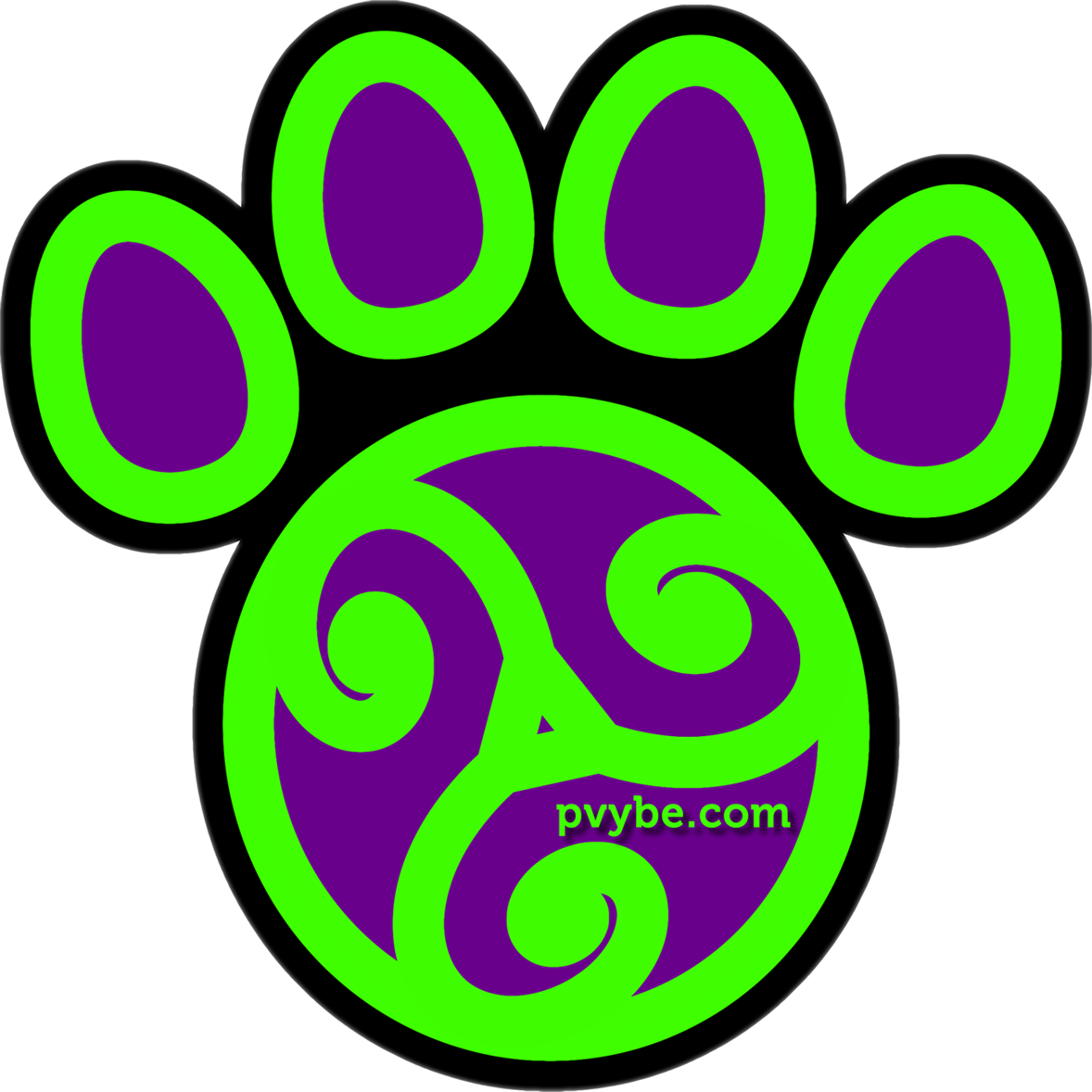



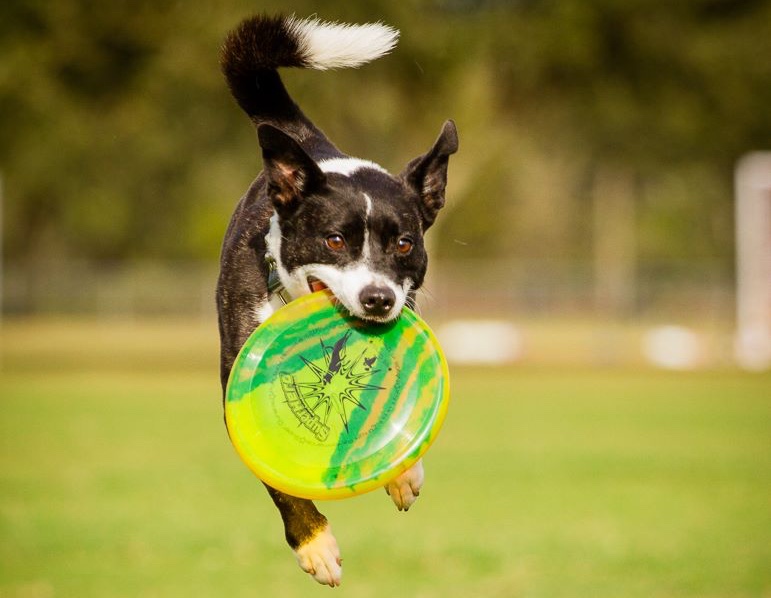
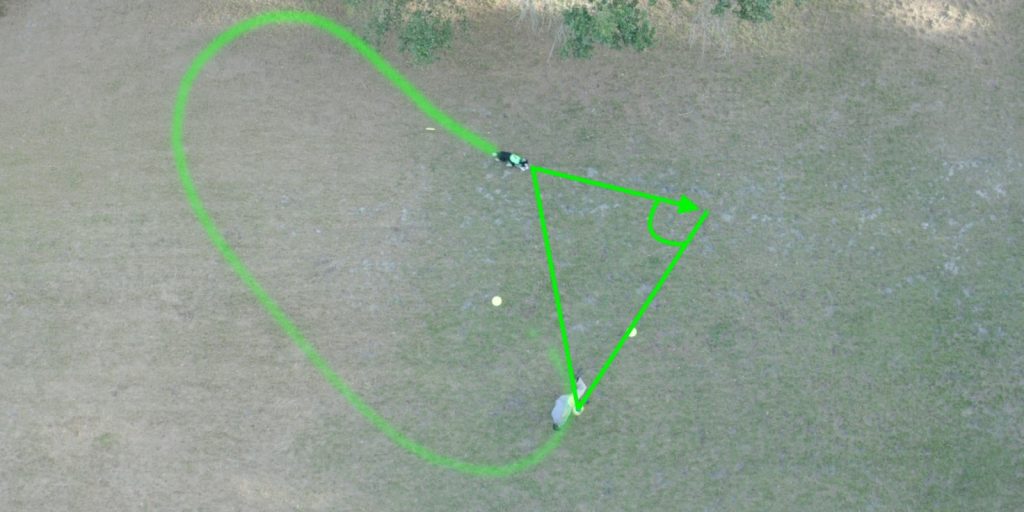
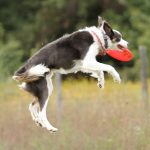
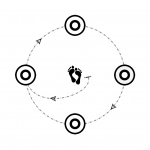
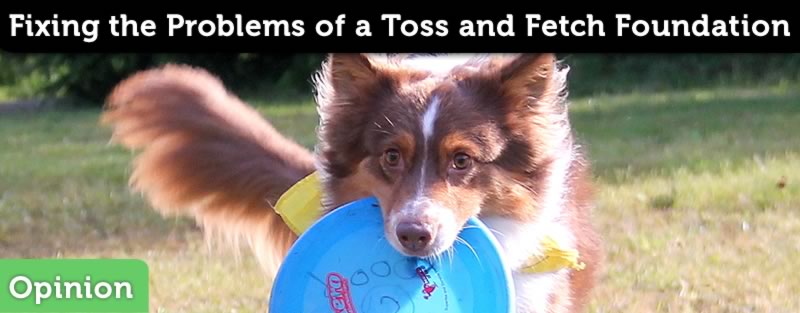
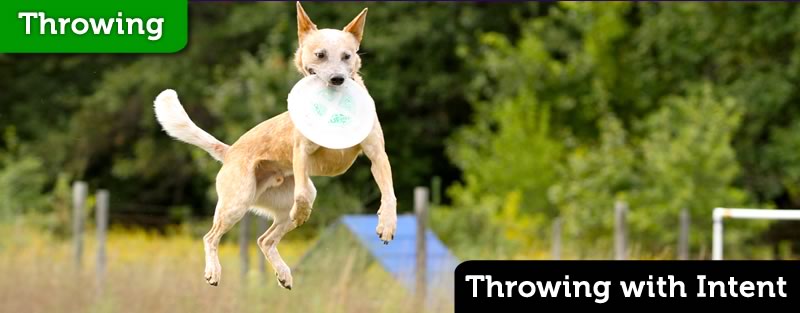
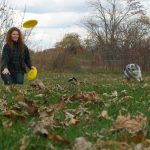
Great answer. I had a dog who was awesome, and we put together a freestyle routine that worked fine for that dog, because he was talented and just wanted to please me in any way he could. I had no core competency skills but he made me look good, he was that talented! Fast forward to a different type of dog, with lots of stubbornness and fears, and what I did with my talented dog just did not work. I did not have any core competency skills and truly failed her. Some would say she failed me, but I know it was because I did not have the skills needed to work with her. Now I understand what I don’t know and am trying to start at the beginning and get the basic foundational skills needed and try to develop some core competency skills so I can be a better team mate for a new puppy who has come into my life. Each dog truly has their own talents and it is up to us, as the handler, to recognize those talents and highlight them! I hope to be a much better handler with this new puppy who is loving playing disc!